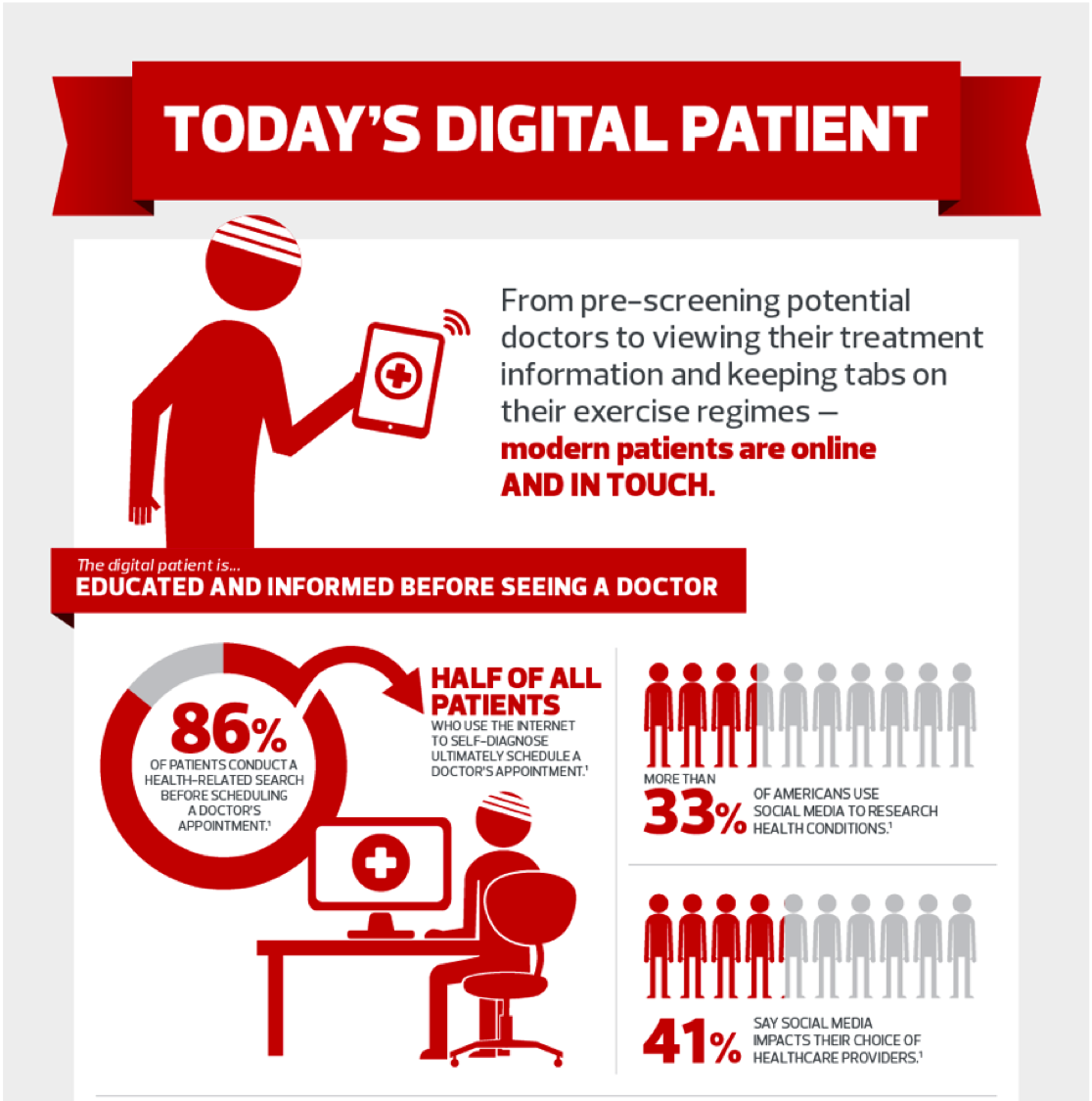If we look at today’s world… Almost every person on the planet has some form of a mobile device. We demand immediate information, anywhere.. Including those related to health. So if we feel strange or feel ill we look to the web or the net for answers, immediate diagnosis in that case, and in most cases we get wrong information.
After visiting a medical practitioner, Doctors would like to stay in touch to make sure our health issues are being addressed and most medical practitioners want to ensure that medications given are taken properly and are effectively.
In fact today there are more than 100,000 mhealth related applications available on public application stores and in the US alone there were 247 million people who have downloaded an mhealth app in 2013 alone.
However most mHealth app today are based on wearable and fitness devices
Mobile Health is a very fast growing economy on its own and projected to be around 58B US$ by 2020 for applications alone. A small piece of the health industry which is projected to be around 6T US$ at that same time.
mHealth is such a hot topics these days that even Google and Apple have joined in...
Considering that wearables alone will be worth around 12B US$ by 2018
And this is due to huge savings on the way medical care is provided to a growing population, a population that is demands real time and increasingly mobile.
Hence some countries already have taken advantage of this opportunity. Take the Medicon Valley as an example, it is being geared to the the next version of Silicon Valley in the medical field. The Öresunds region which encompasses Southern Sweden and Denmark will soon no longer be called Öresund even by locals...
but will be known as Medicon Valley.
In this region, today, you will find the largest concentration of life science companies and organizations... Most if not all are already having their own mHealth app...
- 80 biotech companies
- 20 pharma companies
- 100 medtech companies
- 7 science parks with a significant focus on life science
- 6 incubators, of which 3 have a significant focus on life science
- 80 contract research organizations and contract manufacturing organizations
- 40,000 employees in the private life science sector
- 12 universities, 5 of which supply life science related educations
- 32 hospitals, of which 11 are university hospitals
So the question is do you want to join this massive wave and revolutionize health by making it truly mobile… and global? How do we help those who need medical care but can not afford it?










No comments:
Post a Comment